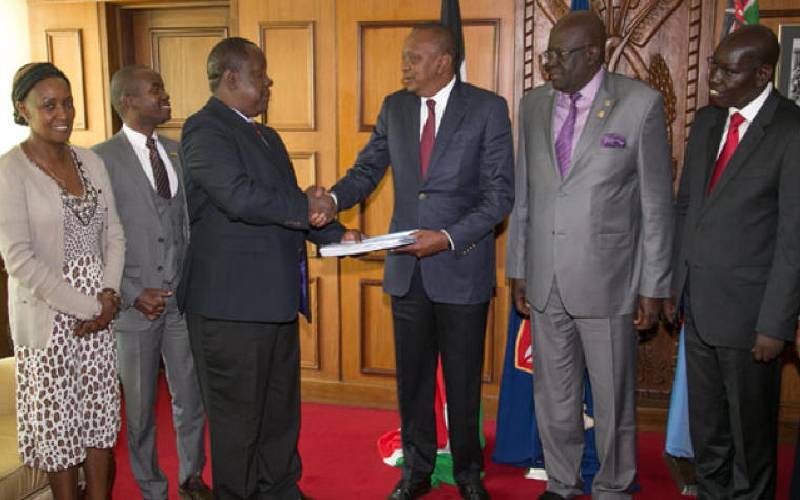 One day in the late 1990s my friend Raja Maimuna walked into her office in one of Kuala Lumpur’s top banks and found a letter from the Prime Minister of Malaysia summoning her to a meeting in his office at 11am the same day. No reasons or explanations were rendered. One hour later she walked into a boardroom in the PM’s Office and found 10 of Malaysia’s top business executives sitting there in silent apprehension.
One day in the late 1990s my friend Raja Maimuna walked into her office in one of Kuala Lumpur’s top banks and found a letter from the Prime Minister of Malaysia summoning her to a meeting in his office at 11am the same day. No reasons or explanations were rendered. One hour later she walked into a boardroom in the PM’s Office and found 10 of Malaysia’s top business executives sitting there in silent apprehension.
PM Mathir Mohamed was a no-nonsense man. In a few minutes, he walked in and told them: “Our economy and our country are under siege. Some people want to buy our prime companies for a song and I will not allow any Malaysian company to be stolen from us. Malaysia will not be auctioned by anyone. I will not allow it’’. Then he informed them that they were all being inducted into public service immediately.